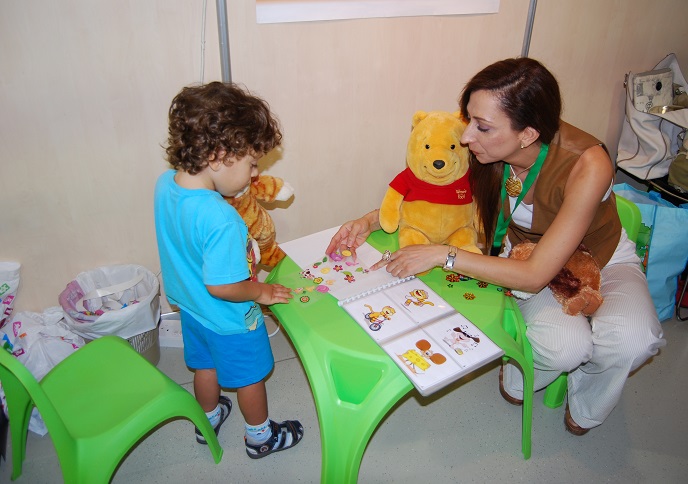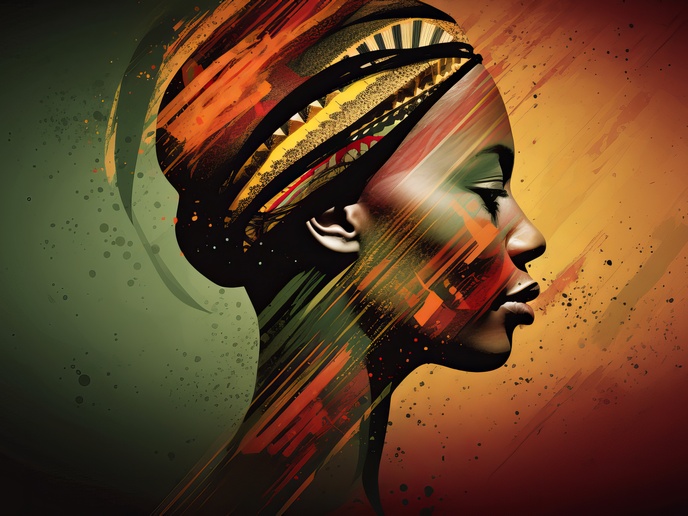Study suggests settlement patterns shape emotional language
When humans settle down in a territory, their emotional language adapts to reflect the new social reality, the first comparative study on emotion between two of the world’s remaining hunter-gatherer populations suggests. Researchers compared the emotion systems of two communities of traditionally hunter-gatherers in Thailand: the once-nomadic Mlabri people, forced to settle down in permanent villages from the 1980s and 1990s, and the Maniq hunter-gatherers, who are still mobile. The two are both similar-sized communities of 300 to 400 individuals and share a social organisation emphasising material and social equality. But their recent history has changed aspects of their emotional world, says researcher Ewelina Wnuk, a linguist who led the HG-Emo project at UCL in London(opens in new window). With the support of the Marie Skłodowska-Curie Actions(opens in new window), Wnuk drew on her own previous fieldwork with the Maniq people and teamed with experienced Mlabri researchers to observe the two peoples and to carry out systematic data collection by asking participants to describe emotions evoked by different stimuli.
Feeling the material world
“The Mlabri used many more loanwords from Thai and had novel expressions of emotion which hadn’t been recorded previously,” says Wnuk. The Mlabri also showed different appraisals of some emotional scenarios. “They voiced feelings of attachment to non-vital material objects more often than the Maniq and expressed more regret-like feelings when faced with the prospect of discarding them,” adds Wnuk. This difference showed up during an emotion elicitation task and tallied with researchers’ observations from everyday life. “The Maniq, unlike the Mlabri, don’t keep many non-vital possessions and are used to leaving objects behind, so their different emotional reactions in this context are not surprising,” observes Wnuk. Lexicon shifts gradually over time to describe new aspects of social order, social relations and intangible reality, believes Wnuk. “The Mlabri have adopted concepts such as ‘wasting time’ and ‘thanking’ which weren’t present previously,” she notes. The Mlabri have so far retained a pattern characteristic of egalitarian groups shared with the Maniq community: they both avoid expressing negative emotions seen as confrontational or judgmental such as anger. “Their languages have dedicated terms to communicate such avoidance (piyaɲ picɨh – Maniq, ɲam dɔk – Mlabri, both meaning literally ‘put aside, leave’),” explains Wnuk. She links that avoidance to the fact that both communities frown on individuals assuming a superior position and claiming moral authority. The project also researched emotion metaphors in Mlabri, challenging a previous belief about the universality of linking happy feelings with a high and unhappy feelings with a low position in space, as in the English expressions ‘feeling upbeat’ and ‘feeling downhearted’. Mlabri expressions turned out to use a reverse mapping, in the expression klol jur, to ‘be happy, content’, which literally means ‘heart going down’, reflecting the Mlabri view that positive affective states are ideally low-activation. The researchers see the project as particularly important since it has gathered data on an under-represented cultural niche. Much research into human emotion focuses on societies in the industrialised world. “It is urgent we study the last remaining hunter-gatherer societies, since they are rapidly disappearing, in order to better understand the fundamental aspects of human emotion,” says Wnuk.







